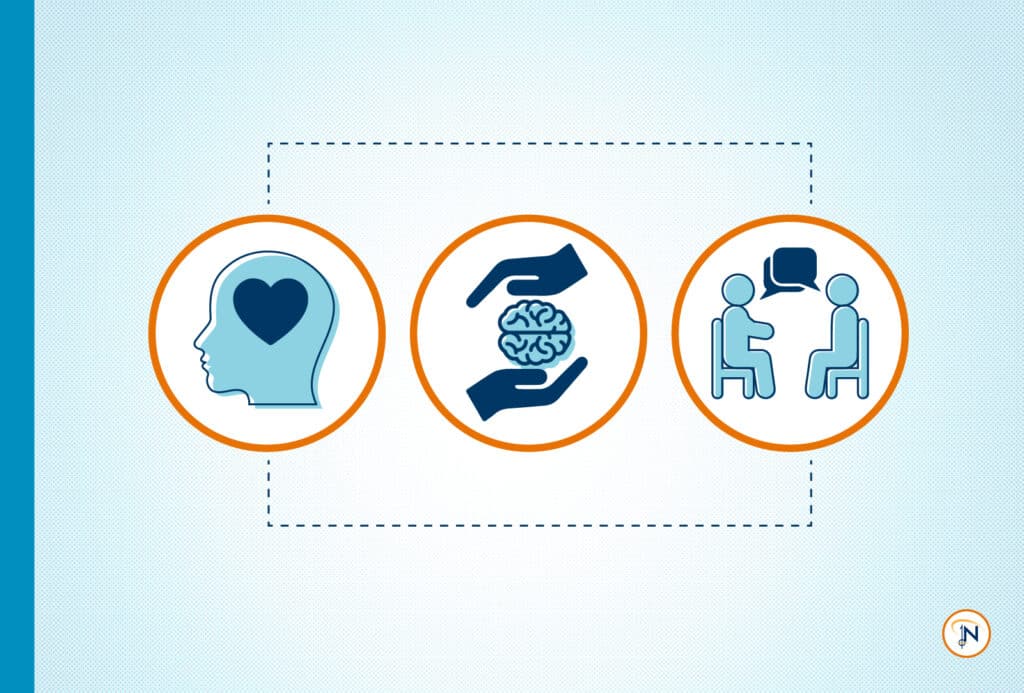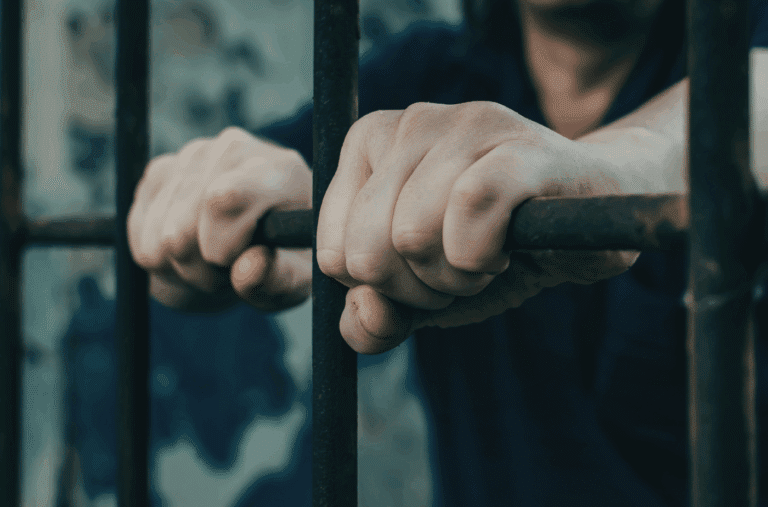Among incarcerated adults, between 10 and 25 percent suffer from serious mental illnesses, while at least half have some mental health concerns. [American Psychological Association] For youth, those numbers climb. Research suggests between two-thirds and three-fourths of youth in juvenile detention facilities have one or more mental health and/or substance abuse issues. [Juvenile Detention Alternatives]
What are juvenile facilities and their jurisdictions doing to help get youth the services they need? Is assessment the answer? Are detention alternative programs? Is it up to the courts to promote attendance and reduce the number of youth detained on bench warrants?
It’s a combination of all that and more.
Over two decades ago, Bernalillo County, New Mexico, started to take a hard look at mental illness in their then-overcrowded juvenile facility. They started making holistic changes not just in the facility, but in all parts of the juvenile justice process in their county.
According to the Juvenile Detention Alternatives Initiative, Bernalillo County’s efforts in juvenile justice have resulted in:
- A 45% reduction in the average daily detention population.
- Alternative programs serve more than 500 youth per year with 91-95% of participants attending court as scheduled and committing no new offenses while under supervision.
- $4.7 million in savings to taxpayers over a 6-year period.
- Overall reduction in youth crime.
This is in a jurisdiction where, prior to the initiation of new programming, 85% of the youth passing through the detention center had one or more mental health issues.
Serving justice-involved youth’s mental health needs looks different in every jurisdiction, but some of the grounding principles remain the same. Youth are frequently arrested for behavior that is symptomatic of their mental health diagnosis, and working to treat mental illness rather than punishing crime has an overall positive effect on the whole community.
This isn’t a journey to take alone. Having the right assessment tools, data collection processes, evidence-based practice, and the technology to support all of it is critical for effectively addressing mental health among both youth and adults in your jurisdiction.
We can help. Contact our team of former practitioners today for sound advice, experience with facilities just like yours, and a strong partnership as you work to improve mental health in your community. Give us a call today.







